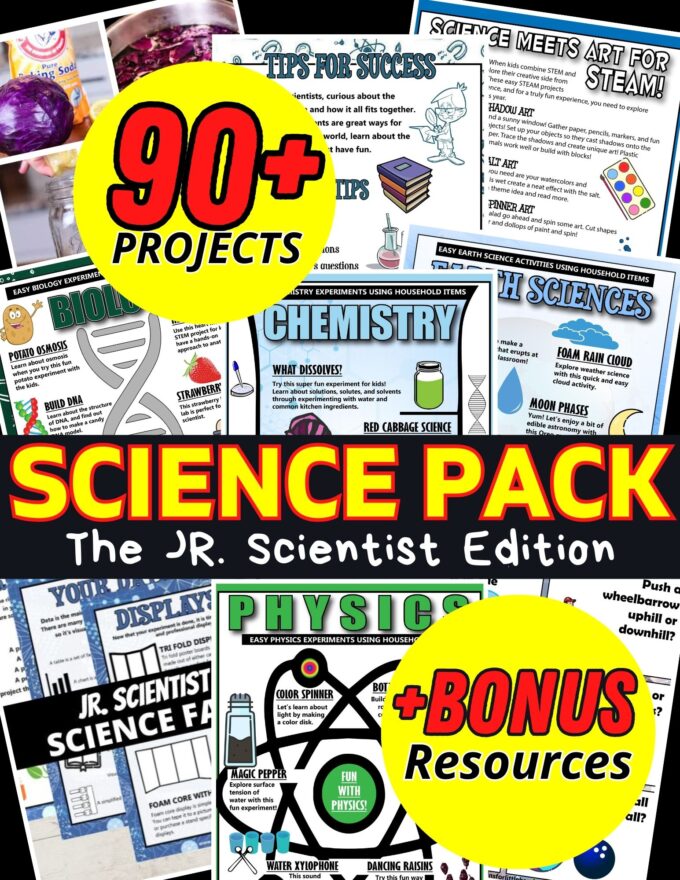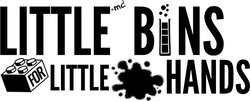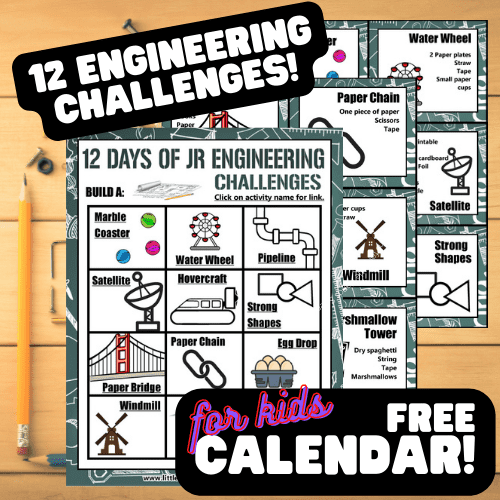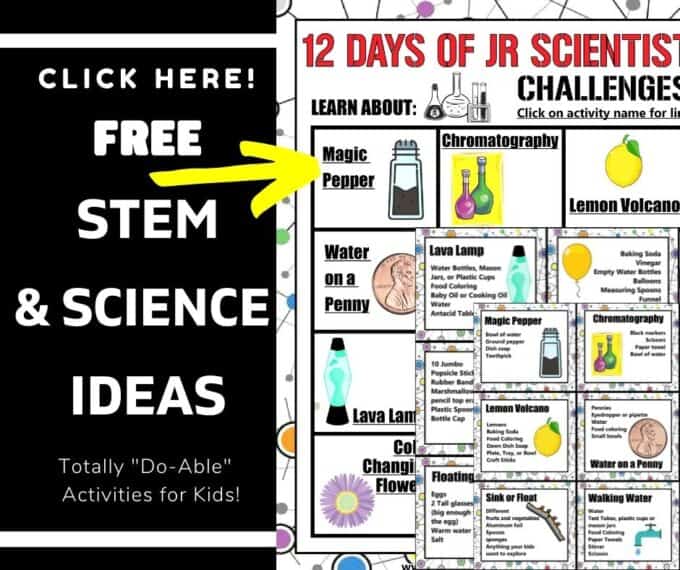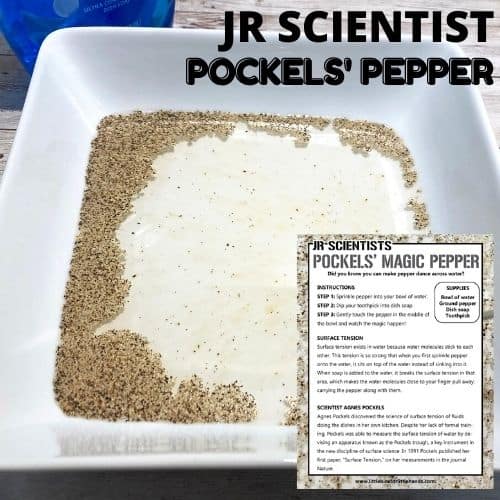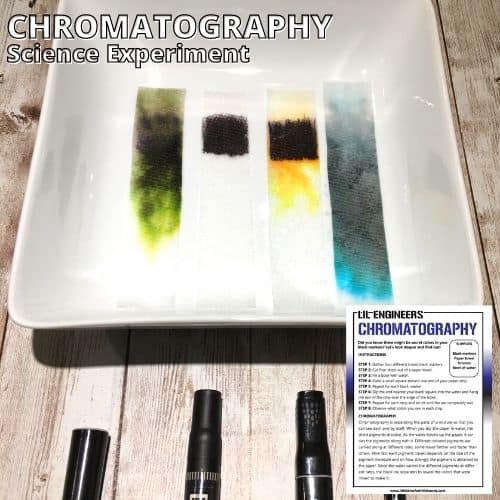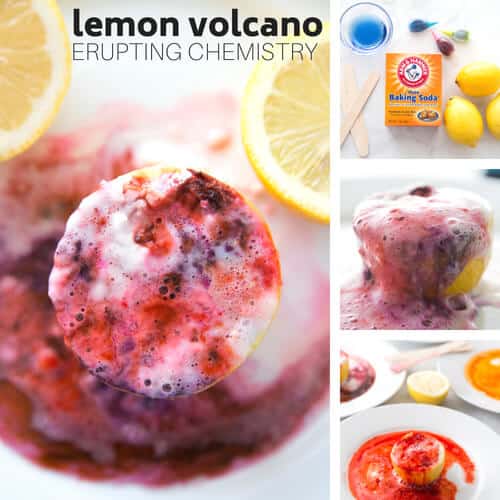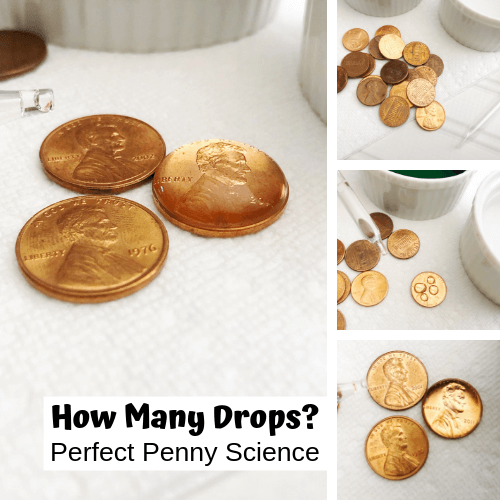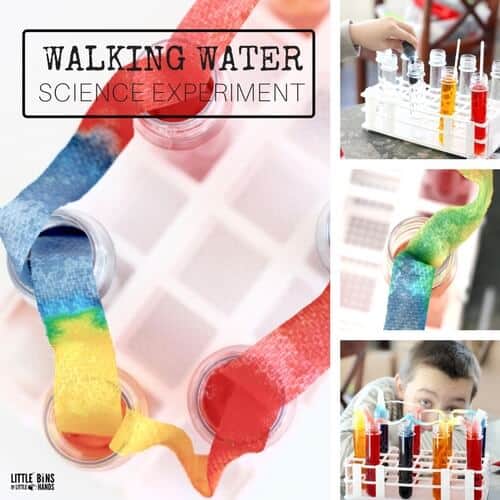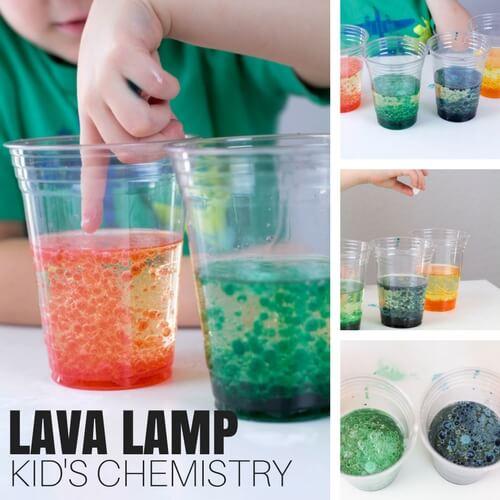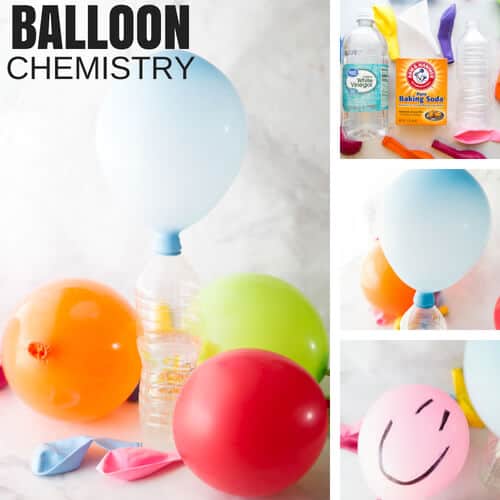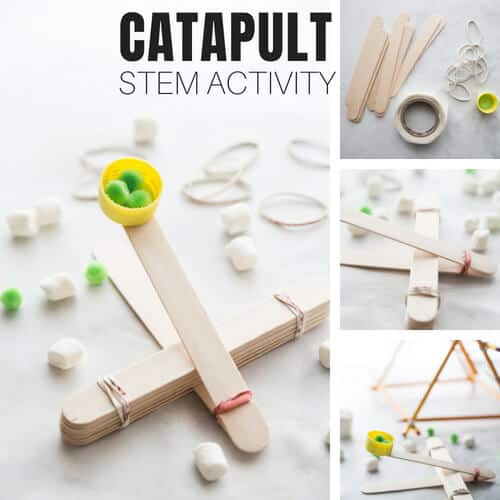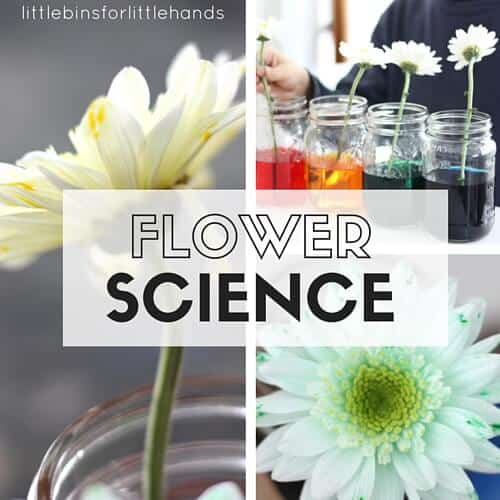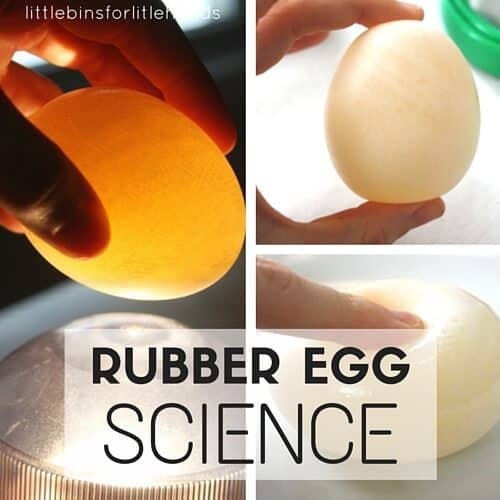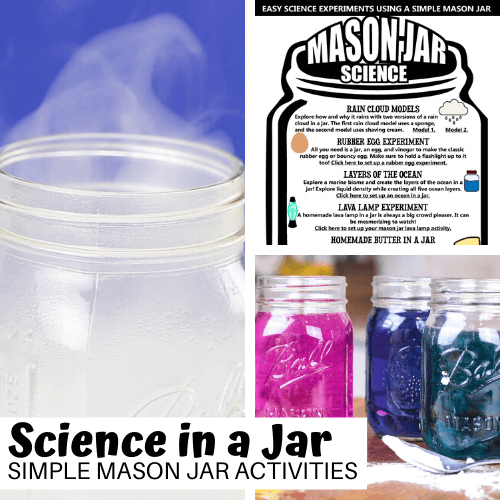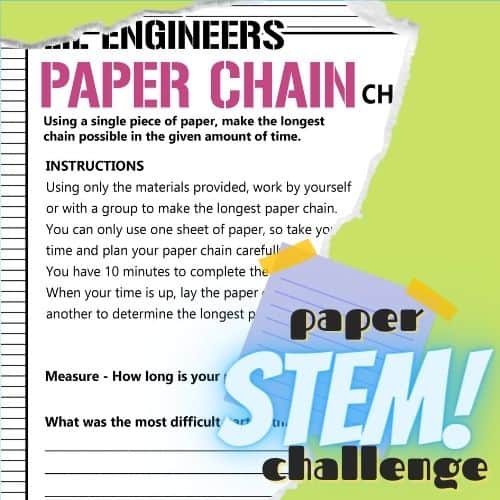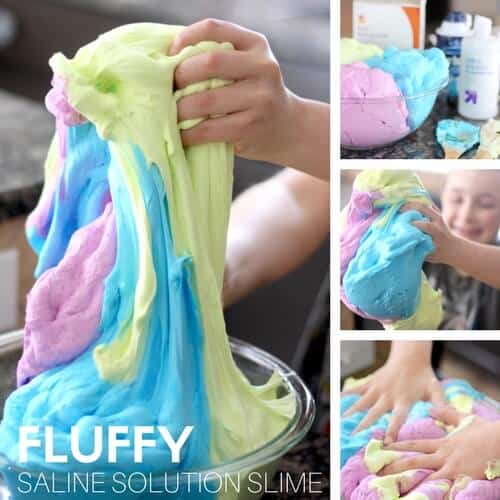Do you have a junior scientist on your hands? One of the best things about science experiments for kids has to be the ease with which you can set so many up, classroom or home! Here are 12 science activities that are a fun way to engage your kiddos with easy-to-understand science concepts using simple materials. Plus, see how you can apply the scientific method or get set up for a science fair.
HANDS-ON ACTIVITIES FOR SCIENCE
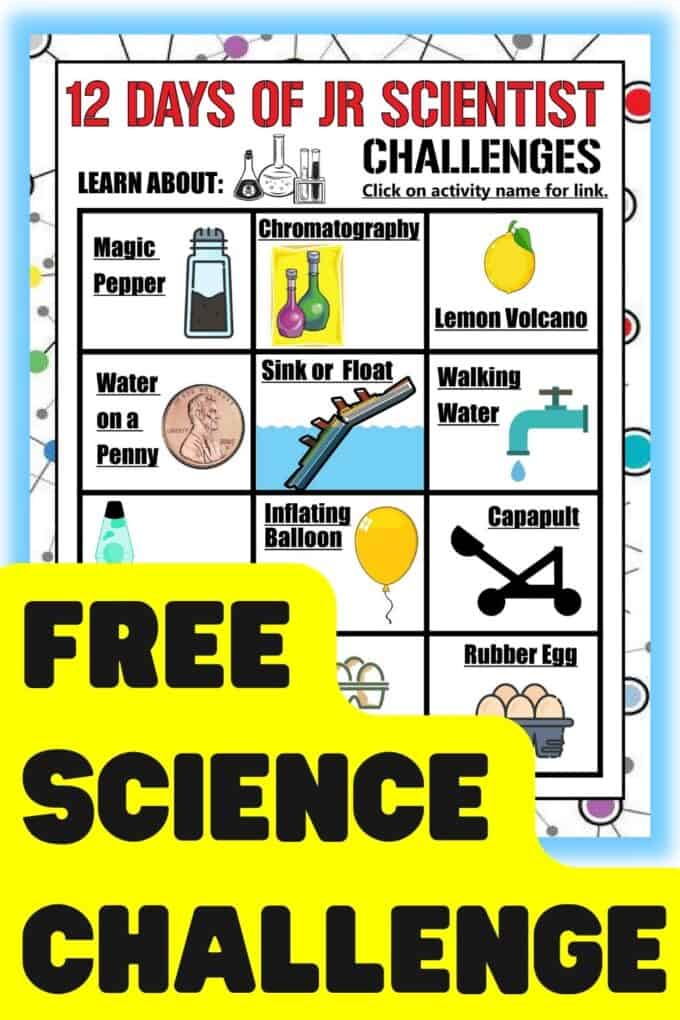
JUNIOR SCIENTISTS
Curious kids turn into junior scientists with these fun and easy science experiments. This collection of middle school, elementary, kindergarten, and preschool science activities are “totally do-able” for use at home or in the classroom.
Our science activities have also been readily used with special needs groups in high school and young adult programs. Provide more or less adult supervision depending on your kids’ abilities!
There is so much you can teach your junior scientists! Keep the activities playful and simple as you mix a little of the “science” along the way.
These science experiments are also great for short attention spans. They are almost always hands-on, visually engaging, and filled with play opportunities!
SCIENCE EXPERIMENTS BY AGE GROUPS
We’ve put together a few separate resources for different age groups, but remember that many experiments will cross over and can be re-tried at several different age levels. Younger kiddos can enjoy the simplicity and hands-on fun. At the same time, you can talk back and forth about what is happening.
As kiddos get older, they can bring more complexity to the experiments, including using the scientific method, developing hypotheses, exploring variables, creating different tests, and writing conclusions from analyzing data.
- Science for Toddlers/Preschoolers
- Science for Kindergarten
- Science for Early Elementary Grades
- Science for 3rd Grade
- Science for Middle School
Make sure to grab the Jr Engineering Challenge Calendar too!
THE SCIENTIFIC METHOD FOR JUNIOR SCIENTISTS
What is the scientific method? The scientific method is a process or method of research. A problem is identified, information about the problem is gathered, a hypothesis or question is formulated from the information, and the hypothesis is tested with an experiment to prove or disprove its validity.
Learn more about the scientific method and find more printables. If you prefer the Science and Engineering Best Practices instead, we have information on that too.
Sounds heavy… What in the world does that mean?!? The scientific method should be used as a guide to help lead the process.
You don’t need to try and solve the world’s biggest science questions! The scientific method is all about studying and learning things right around you.
As kids develop practices that involve creating, gathering data, evaluating, analyzing, and communicating, they can apply these critical thinking skills to any situation. Click here to learn more about the scientific method and how to use it.
Even though the scientific method feels like it is just for big kids…
This method can be used with kids of all ages! Have a casual conversation with younger kiddos or do a more formal notebook entry with older kiddos!
Free printable Junior Scientist pack!
Grab this fantastic free science challenge calendar and get started today! Join the library club for instant access to extra observation pages and hundreds of projects!
SCIENCE ACTIVITIES FOR JR SCIENTISTS
Click on each link below to see supplies, set up and process information, and quick science behind the activity information. Also, remember to grab our free printable Jr Scientist mini-pack!
Magic Pepper
Sprinkle some pepper in water and make it dance across the surface. Explore surface tension of water when you try this fun and easy pepper and soap experiment with the kids.
Chromatography
Chromatography in chemistry is a technique that involves the separation of a mixture into its parts so you can see each one individually. Chemistry that’s suitable for our junior scientists!
Pull out the bin of markers and search for the black ones to get started with this fun chromatography lab! Also try our leaf chromatography experiment!
Lemon Volcano
Your kiddos will love this erupting, fizzing chemical reaction! Best of all, you only need to grab a few items from your kitchen cupboard.
Drops on Water On A Penny
A science experiments with things found in your purse or pocket! How many drops of water can you fit on a penny? You will be surprised by the answer!
Sink or Float
Open up the fridge and the pantry drawers and you have everything you need to explore buoyancy with common household foods and supplies! Kids will have a blast checking out the different ways they can experiment with sink or float.
Walking Water
A walking water science experiment is incredibly easy and fun to set up for our junior scientists! Learn about capillary action with colorful rainbow walking water.
Lava Lamp
Make your own homemade lava lamp with oil and water, and a simple chemical reaction.
Inflating Balloon
Find out how to blow up a balloon with just baking soda and vinegar. Fun chemistry with simple supplies!
Catapult
Exploring physics has never been so exciting because everyone loves to launch stuff into the air. Make a simple catapult with popsicle sticks!
Color Changing Flowers
How to make color changing flowers. It’s all to do with capillary action!
Rubber Egg
Can you make an egg bounce? Answer this and more questions with our egg in vinegar experiment.
TURN IT INTO A SCIENCE FAIR PROJECT
Science projects are an excellent tool for older kiddos to show what they know about science! Plus, they can be used in various environments, including classrooms, homeschools, and groups. Kids can take everything they have learned about using the scientific method, stating a hypothesis, creating variables, observing, and analyzing and presenting data.
Want to turn one of these experiments into an excellent science fair project? Check out these helpful resources.
MORE SCIENCE RESOURCES
Here are a few resources that will help you introduce science more effectively to your kiddos or students and feel confident yourself when presenting materials. You’ll find helpful free printables throughout.
- Best Science Practices (as it relates to the scientific method)
- Science Vocabulary Words
- 8 Science Books for Kids
- All About Scientists
- Science Supplies List
- Science Tools for Kids
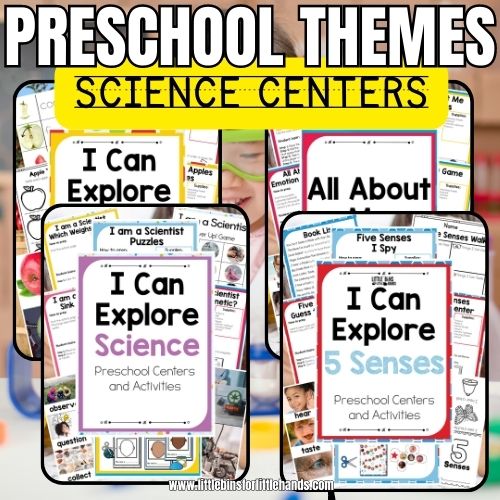
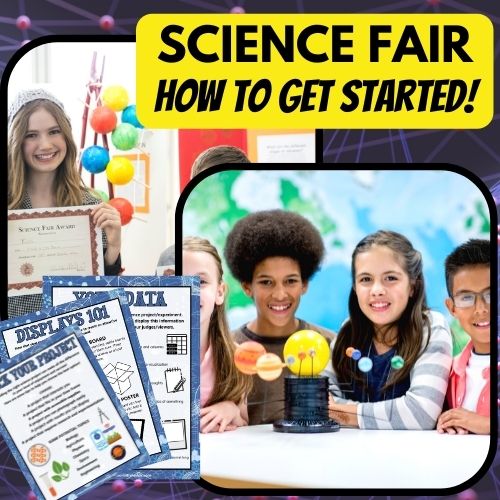
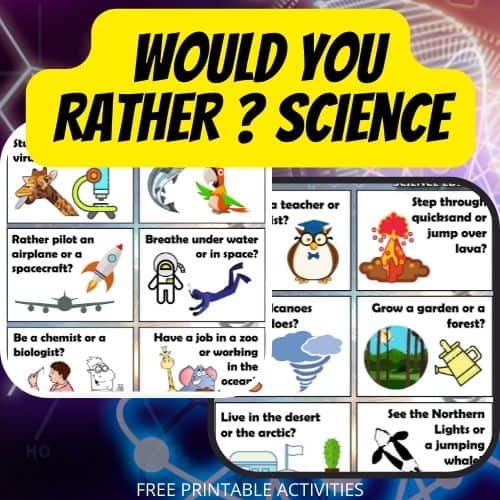
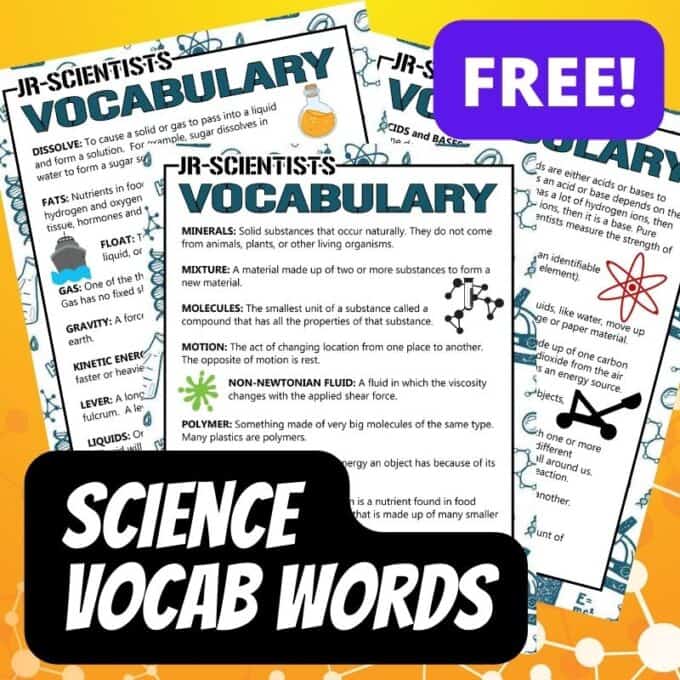
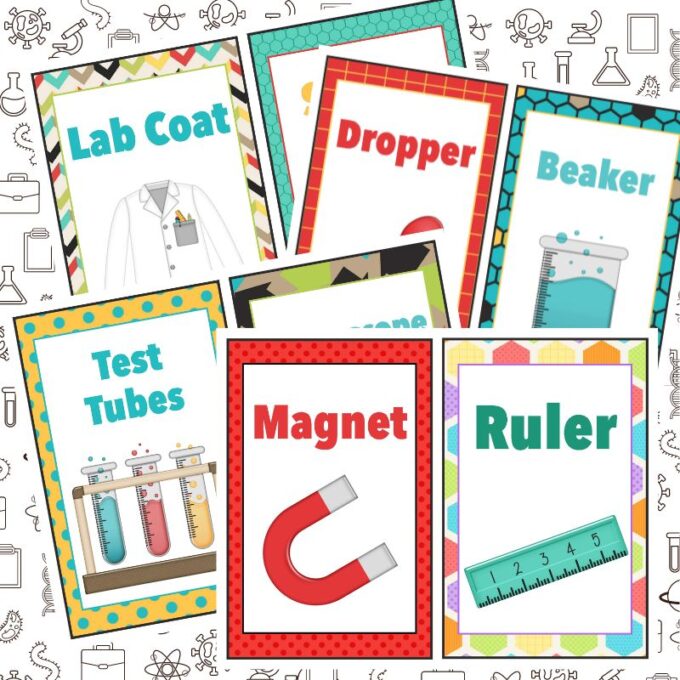
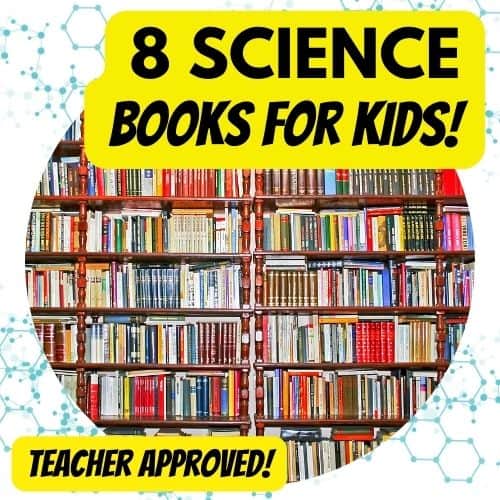
Printable Science Projects For Kids
If you’re looking to grab all of our printable science projects in one convenient place plus exclusive worksheets and bonuses like a STEAM Project pack, our Science Project Pack is what you need! Over 300+ Pages!
- 90+ classic science activities with journal pages, supply lists, set up and process, and science information. NEW! Activity-specific observation pages!
- Best science practices posters and our original science method process folders for extra alternatives!
- Be a Collector activities pack introduces kids to the world of making collections through the eyes of a scientist. What will they collect first?
- Know the Words Science vocabulary pack includes flashcards, crosswords, and word searches that illuminate keywords in the experiments!
- My science journal writing prompts explore what it means to be a scientist!!
- Bonus STEAM Project Pack: Art meets science with doable projects!
- Bonus Quick Grab Packs for Biology, Earth Science, Chemistry, and Physics
